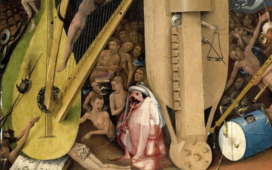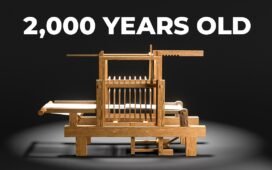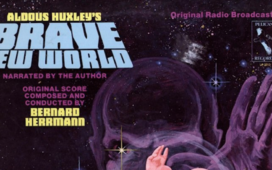When most Americans think of the Smoot-Hawley Tariffs, they think of economic disaster. But if you ask why, most Americans may need a short refresher course. Below, you will find just that. Appearing on Derek Thompson’s Plain History podcast, Douglas Irwin (an economist and historian at Dartmouth) revisits the 1930 Smoot-Hawley Tariff Act, which raised tariffs on over 20,000 products imported into the United States. The law was passed despite warnings from executives like Henry Ford (who called the tariff act “an economic stupidity”) and a petition signed by 1,028 American economists, who argued that the tariffs would raise prices and spark a trade war, leaving the United States isolated. Their concerns were ultimately well-founded. The Smoot-Hawley Tariffs, supported by a Republican president and Congress, had the unintended consequence of deepening, not ending, the Great Depression.
Mark Twain once said that “History doesn’t repeat itself, but it often rhymes.” But sometimes history may well repeat itself or come very close, and that’s where we seem to be headed right now. As in 1930, we have Republicans implementing new tariffs, but this time with the hope of re-engineering the world economy and bringing manufacturing back to America. Meanwhile, economists (even conservative ones) warn that these policies risk repeating the mistakes of Smoot-Hawley.
Below you can hear the assessment of the economic historian Niall Ferguson, who, in speaking with Bari Weiss, explains why Donald Trump’s tariffs will fail to re-industrialize America. The golden age of manufacturing in America is long gone, and it’s not coming back, partly thanks to automation. (Morgan Housel has more to say on that.) But even worse, the chaotic implementation of these policies risks triggering a trade war, “a major financial crisis comparable in scale to 2008,” or even a military crisis that an isolated America would be ill-equipped to handle. Speaking on Meet the Press this weekend, investor Ray Dalio ominously voiced very similar concerns, saying “something worse than recession” may be on the horizon.
For another take, you can hear Preet Bharara’s conversation with Justin Wolfers, where the Australian economist warns that Trump’s tariffs may have few benefits and mostly costs, some quite profound. By launching a trade war, America will trade less and find its global influence diminished, leaving a void that China can fill. Echoing Niall Ferguson, Wolfers also cautions that you can’t turn back the economic clock. He notes:
A hundred years ago, we had actually the same debate, but it was because we were moving from the land, from a predominantly agricultural economy, to a manufacturing-based economy. And we moved from an enormous share of the population working in agriculture to working in manufacturing, and that raised the American middle class.
There was a lot of nostalgia. Why aren’t we back on the land? And the subsequent stage of economic development is we move out of the factories, and we move and become engineers and computer scientists and software designers. And we’re in a much more cognitive economy.And we are not inhaling black soot in our mines or in our factories during the day. And that’s the future of the American economy. And it’s one that speaks well to the skills that Americans have.We’re the most educated workforce in the world. And so presumably the jobs of the future are those, the jobs we want are those that cater to the extreme productivity and education of American workers.
How have we reached the point where we’re running the same failed experiments again, all to reclaim an illusory bygone economic age? It’s a hard question to contemplate, but I ask that question again. Anyone? Anyone? Anyone?
Related Content
The Steps a President Would Take to Destroy His Nation, According to Elon Musk’s AI Chatbot, Grok
















